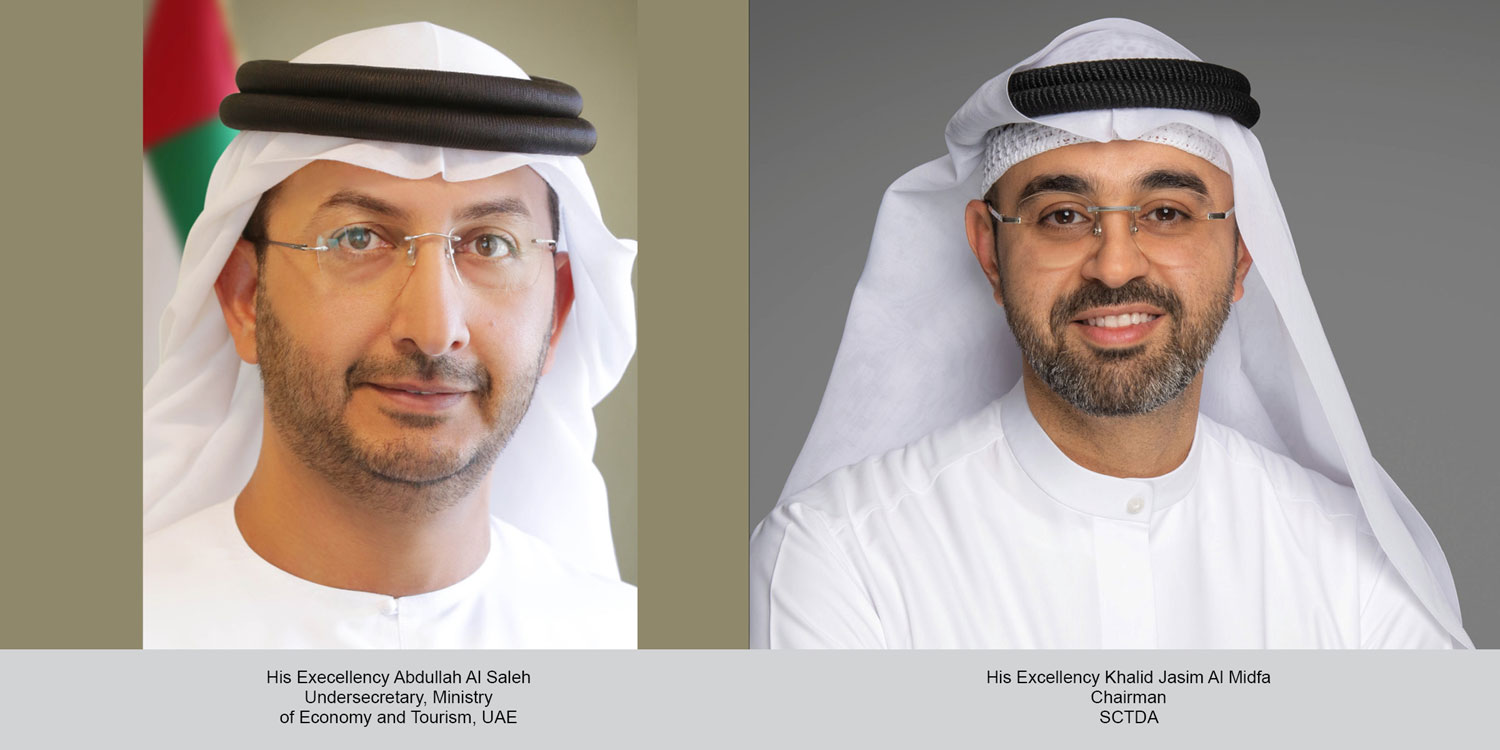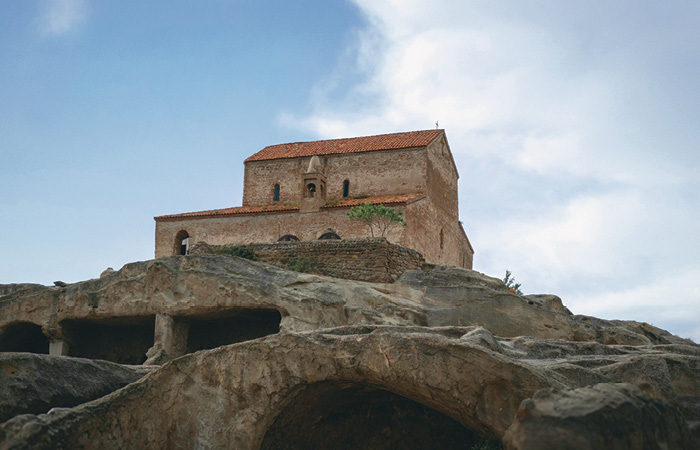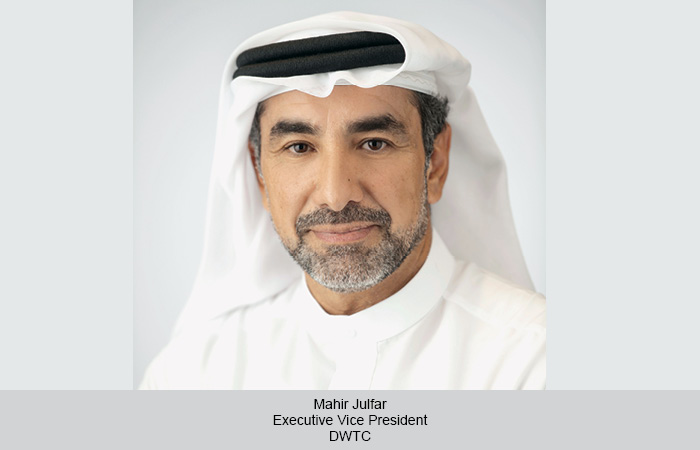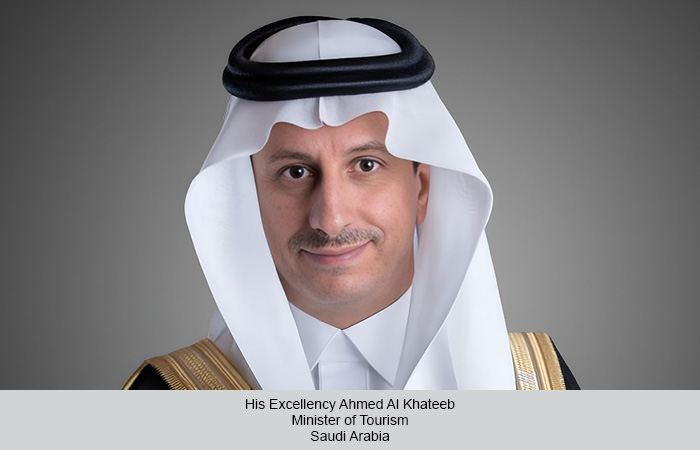As one of the year-round destinations, Spain has gained traction from the Middle East region over past few years. Travel data reveals there has been an exponential growth of over 20 per cent from the region and this year their expectations are much higher. Carlos Ruiz González, Director, Spanish Tourist Office, GCC region, shares some of their key strategies.
Dr Shehara Fernando
Tell us about the special Women’s Day event conducted in collaboration with Aga Khatib Marketing Services, TRAVTALK and Pullman Downtown Dubai?
We have noticed that there is a clear trend where more women from the Middle East region choose to travel either independently or with their friends to Spain. Our partnership at the special Women’s Day Programme in conjunction with Aga Khatib Marketing Services – Women in Tourism, TravTalk and Pullman Hotel Downtown provided us an opportunity to network first-hand with leading women from the travel, tourism and hospitality sectors. Spain is an inclusive and safe destination where everyone is welcome, regardless of gender, religion, or background. Women from the Middle East play a pivotal role in organising their own family vacations and short getaways, hence this platform provided us to showcase Spain’s luxury, diversity and premium experiences.
What will you focus on at Arabian Travel Market this year with your partners?
We are preparing for a robust showcase of Spain’s tourism offerings, with a strong focus on sustainability, regional diversity and premium experiences tailored for the Middle Eastern travellers. There will be around 20 partners at our stand at ATM and our main goal is to ensure these partners benefit from the strength of the Spanish brand. As you know, Spain is one of the most successful countries in global tourism, and we are a well-recognised destination. So, we hope to leverage that recognition to support our partners in showcasing their offerings. We are focusing strongly on sustainable tourism, which is our main strategic direction moving forward and among the key regions being highlighted are Madrid—not just the city, but the entire region, which has many attractions and is well connected. We also have a strong presence from Andalusia, including Marbella, and from the Balearic Islands with Mallorca.
Could you share your expectations from the GCC market this year?
Over the last two years, Spain has witnessed a significant uptick in visitors from the GCC, with both volume and quality of tourism on the rise. In 2024, we experienced a 17-20 per cent increase in tourist arrivals from the GCC compared to 2023. Not only are we welcoming more visitors, but spending per visitor is also rising, which aligns with our goal of increasing quality tourism rather than just volume. Looking ahead, Spain is setting its sights on steady and sustainable growth in 2025, with expectations of around 10 per cent growth in visitor numbers from the region.
We want travellers from the GCC to feel welcome, to explore all corners of Spain, and to take part in experiences that are authentic, luxurious and environmentally conscious. In line with the luxury preferences of many GCC travellers, Spain is positioning itself as a high-end destination that balances authenticity with sustainability.
Given that the Middle Eastern market is oriented towards premium and luxury travel, we are emphasising offerings that cater to that segment. The idea of ‘Green Spain’ ties into both sustainability and a authentic experience.
How important is sustainability?
Spain is working to transform the tourism experience from coast to countryside, spreading economic benefits while preserving its natural and cultural assets. We are currently implementing a national strategy developed by our Secretary of State, which aims to make Spain more sustainable across the
entire tourism value chain. This also includes promoting lesser-known destinations to reduce pressure on our more popular coastal areas, especially during peak summer months.
We want travellers to explore inland Spain, which offers rich experiences in heritage, culture, gastronomy and authentic local life. The Spanish tourism board supports a “zero-kilometre product” approach—promoting local production and consumption to reduce environmental impact and foster local economies.
Do share with us how you will be educating the travel trade?
Keeping Spain top-of-mind for regional travel professionals remains a key part of the strategy. We are proactively engaging with the travel trade throughout the year. One of our biggest events is a joint workshop with other European countries—Germany, France and Austria—just before ATM “Discover Europe Travel Summit meets Marhaba 2025”. This year from Spain we are bringing 35 partners, even more than we have at ATM, to meet with local travel agents and operators. Some of our additional initiatives include workshops, destination presentations and familiarisation trips, which are crucial in helping agents deepen their knowledge of Spain.
 TravTalk Middle East Online Magazine
TravTalk Middle East Online Magazine




